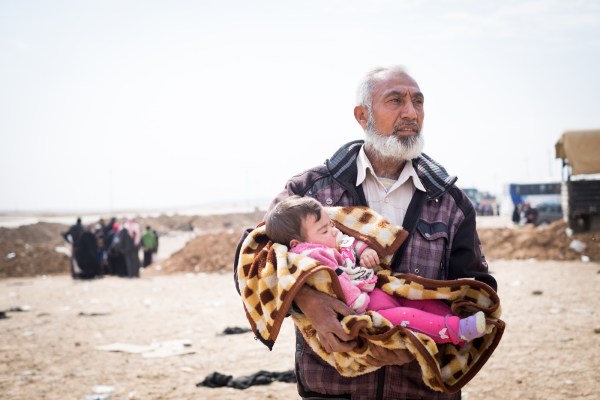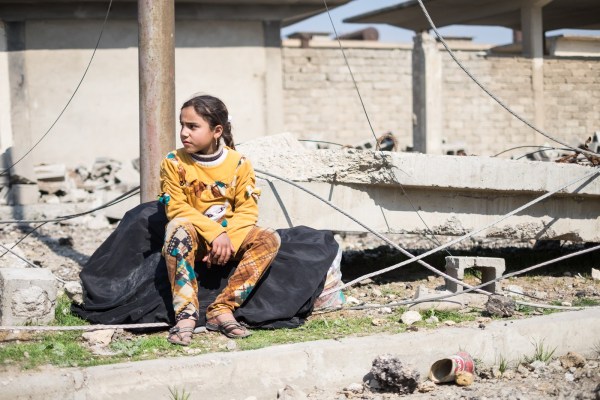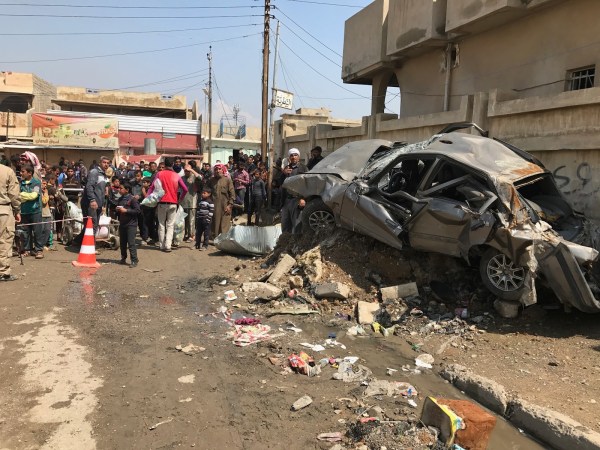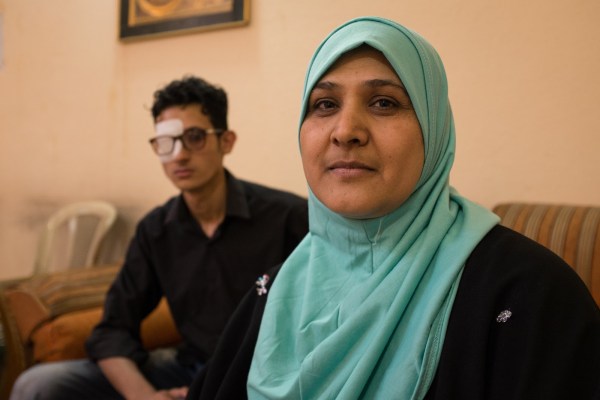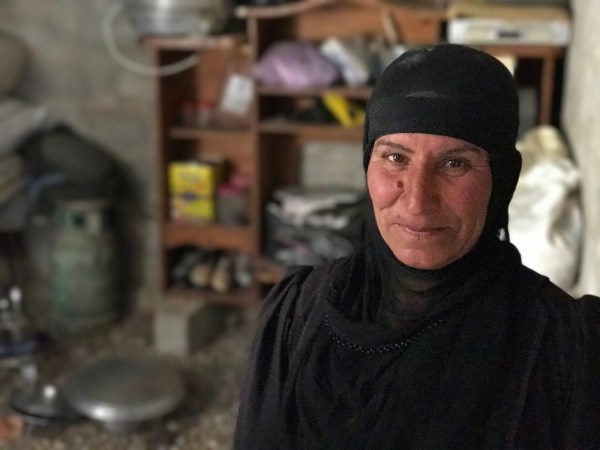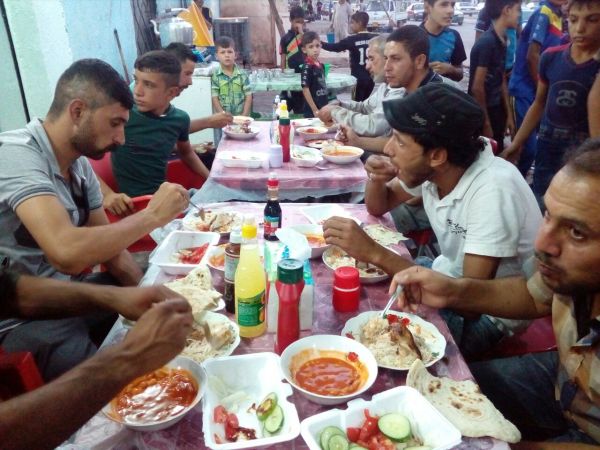The battle for Mosul, the deadliest urban combat since World War II, ended one year ago this month.
Much of Mosul, especially the historic Old City, was destroyed in Iraq’s war with ISIS. Almost a year later, two very different stories are playing out in Mosul. Some areas are coming back to life as families return home and new businesses open—many of them supported by you.
But other parts of the city look much like they did a year ago. Destroyed. Empty or close to it. Bodies still buried under the rubble.
You were the first to reach families inside Mosul during the battle, with lifesaving food and water. You were the first to open medical clinics, before the fighting had stopped. Your love is still on the ground in Mosul, providing healthcare and launching new businesses across the city. This week, one year after liberation, you opened a first-of-its-kind tech hub for students here.
We asked our colleague Ihsan, who risked his life serving the people of Mosul again and again, to share his experience and what he learned showing up for people he’d been raised to believe were his enemy…
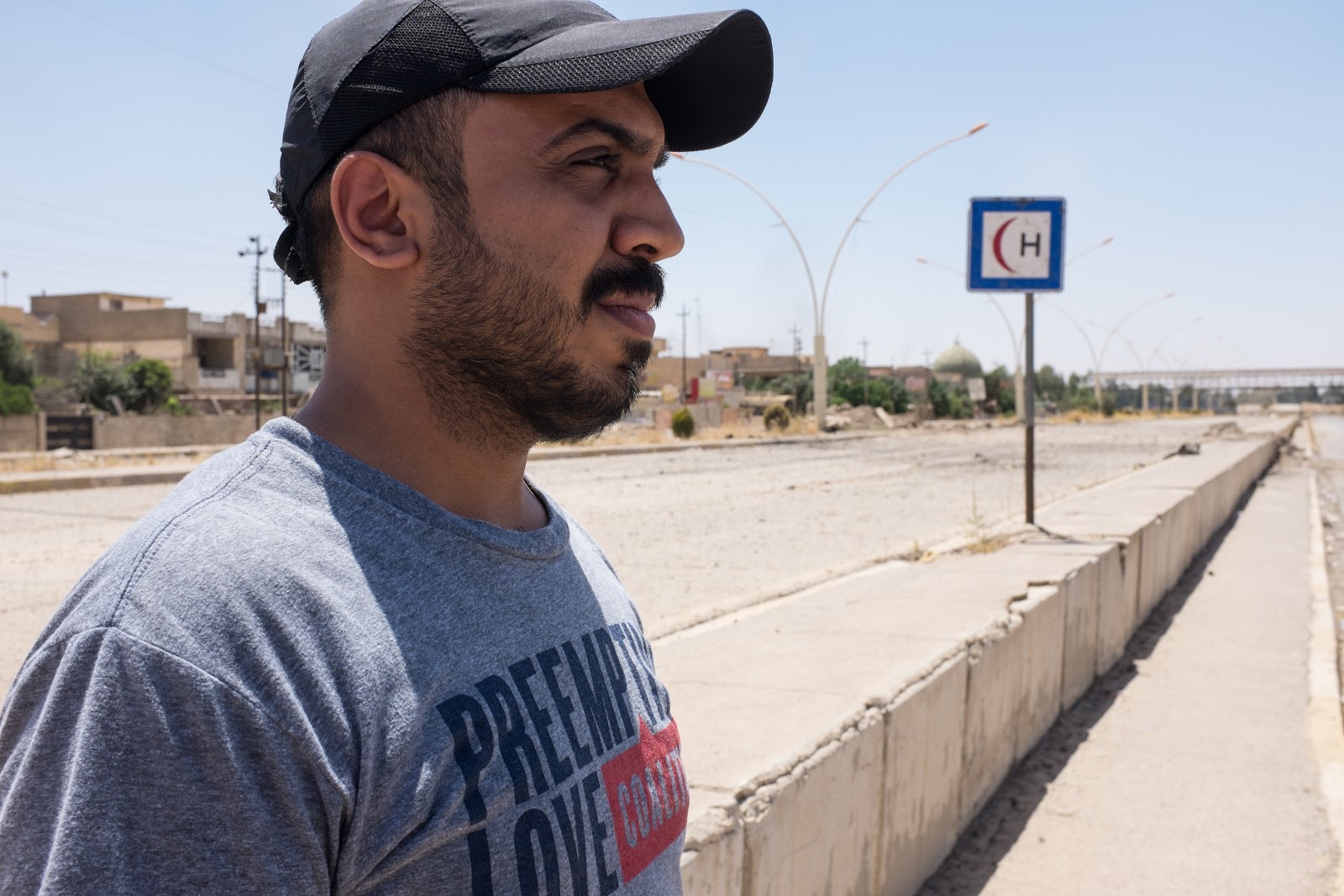
I had never been to Mosul before. Not even to visit.
Growing up in southern Iraq, I had heard that places like Mosul were far too dangerous for Shia Muslims like me. People in the mostly Sunni city of Mosul heard the same thing about us.
Then ISIS came and captured Iraq’s second-largest city. The world was stunned.
A few years later, the battle to liberate Mosul began in earnest. By this time, I’d been on several aid deliveries with Preemptive Love Coalition, but Mosul was like nothing else I experienced.
In other cases, like the battle for Fallujah, people fled from the city. Yes, this meant they were in the middle of a desert. But better to be in a desert than trapped inside a city while bombs are still falling.
When we showed up in Mosul, there were still people inside the city. Thousands of them. That’s where we were needed. That’s where we had to show up. Inside the conflict. Inside neighborhoods where people were trapped.
They were trapped on all sides.
ISIS used them as human shields. The military did little to protect them. Coalition airstrikes rained down from above. Thousands of innocent people died.
I met people who escaped death by the narrowest of margins. One man told me, breathless, “ISIS was putting the gun to my head, ready to kill me. And then a bomb fell. The ISIS member was killed, and I survived. I’m here now. I’m alive.”
Moments before, I had witnessed the very airstrike that had saved him from death, just a street away from where I stood.
This was not the only time our lives were in danger. ISIS targeted our aid team with mortar fire during one of our first deliveries near the city limits. Inside Mosul, we had to dodge ISIS snipers.
So why go? Why take the risk?
Because people were trapped.
When I saw them, I saw myself. My family. My people. It didn’t matter that they were Sunni and I am Shia.
The same force that pits ‘us’ against ‘them’ is what paved the way to devastation in Mosul.”
Yes, I went into the conflict zone. But they had to stay there. And for some of them, their only hope was if we kept showing up, fueled by your love.
No one deserves to be in a situation like this.
No family. No child. No parent should have to see their sons ripped apart by bombs. I don’t care what their crime is—besides, for most of them, their only crime was being born in the “wrong” place.
In Mosul, I realized: this is the brutal legacy of sectarianism. The same force that pits “us” against “them,” that kept me in fear of people from Mosul and kept people in Mosul in fear of those like me… that’s what paved the way to this devastation.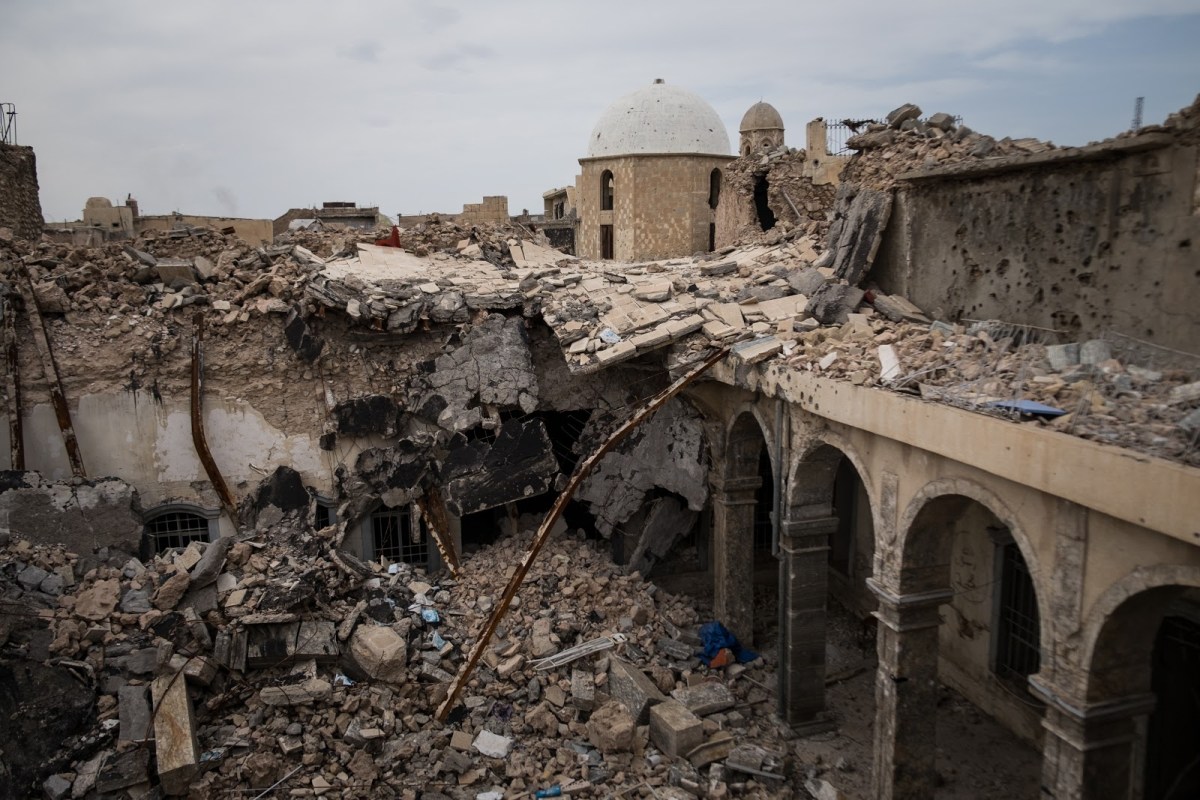
Mosul lost a lot. The destruction was massive.
Most of the city’s heritage is gone. Hundreds of years’ worth of history has been reduced to ash.
But the way I see it, heritage is not worth more than human life. Heritage might be destroyed, but can you save a life?
And if you save a life—if you cross “enemy” lines to do so—can you change the future?
At the time I remember thinking: If we don’t go, if we don’t show love, then we will raise generations of hate and fear—and it will destroy what is left of this country.
That is what we were trying to prevent. We don’t just deliver food or water. We deliver peace.
We are trying to show people that war is not the end.
Sometimes, people in Mosul would ask where I was from, and I would say, “I am from the south, from Samawah.” When they thanked me for coming, I would say, “This is what we should do. It’s what we need to do, to come and help you in these dark times.”
It will take a lot to restore the most important parts of Mosul: the houses, the schools, parts of the university that were destroyed.
But none of this is more important than healing the wounds between people.
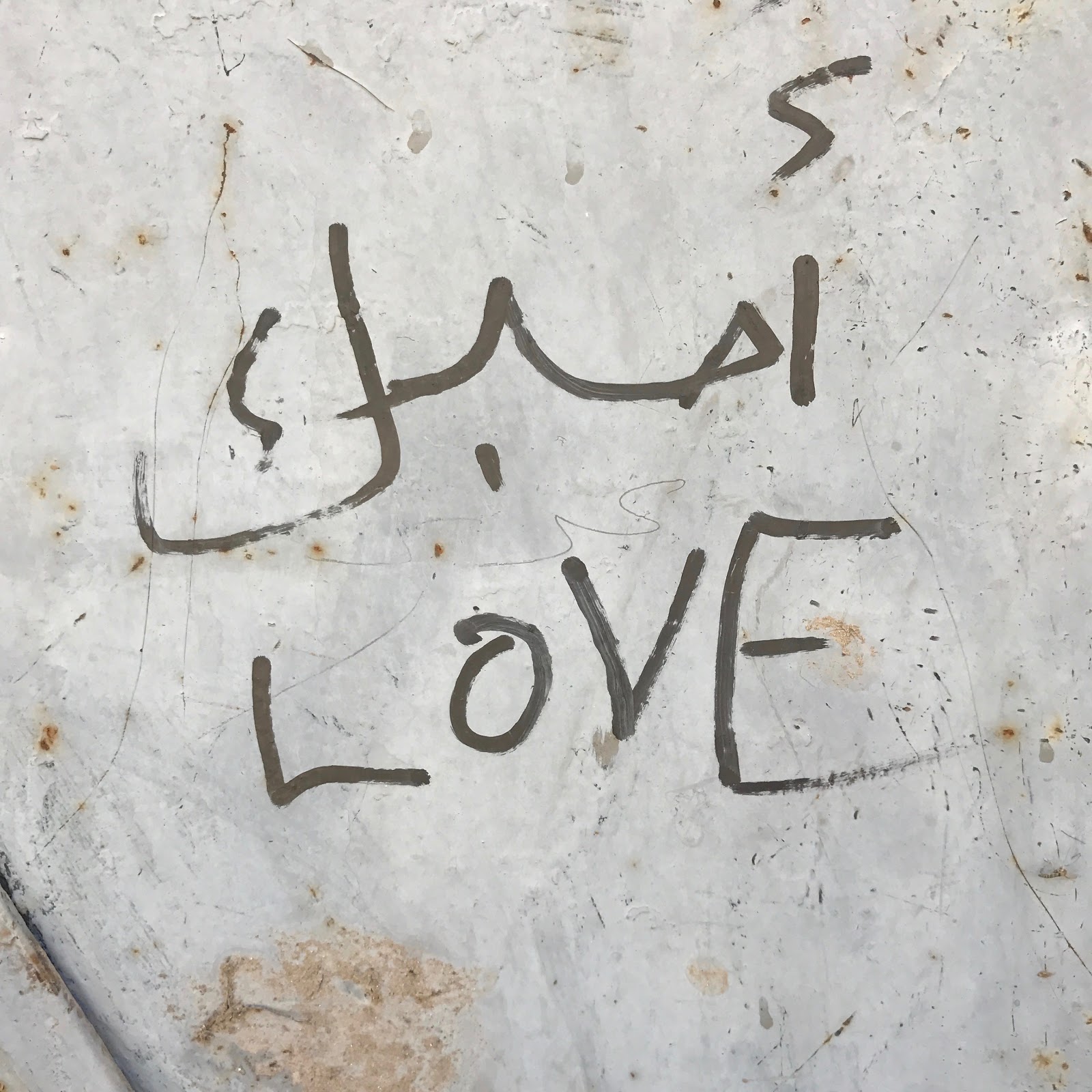
We all know this is bigger than ISIS. We all know that to truly heal Mosul, we have to connect people together. We have to show that we do not hate each other.
There are plenty of people from the south of Iraq shouting hate on the internet for people from the north—and vice versa. We have to write another story. The best remedy to mend the wounds of war is love.
When I returned to Mosul last month, I thought I would be returning to a ghost city. And some parts truly are that. The Old City is still almost totally destroyed. But other parts of Mosul are coming back to life.
Photos, left to right: Zahra, an empowerment grant recipient in Mosul who raises sheep and sells yogurt; Yunis’ new restaurant in Mosul, which you helped him open after ISIS; Ibtasim, who defied ISIS to care for women in the city and now runs a medical clinic.
Even more life will return to Mosul if schools are rebuilt. If water and electricity are restored. If people are given a chance to provide for their families again.
We can be part of that. We can make Mosul great again. We can put the days of war, the days of devastation and desperation behind us.
We can do more than provide aid. We can be agents of peace and reconciliation.
In Mosul and beyond.


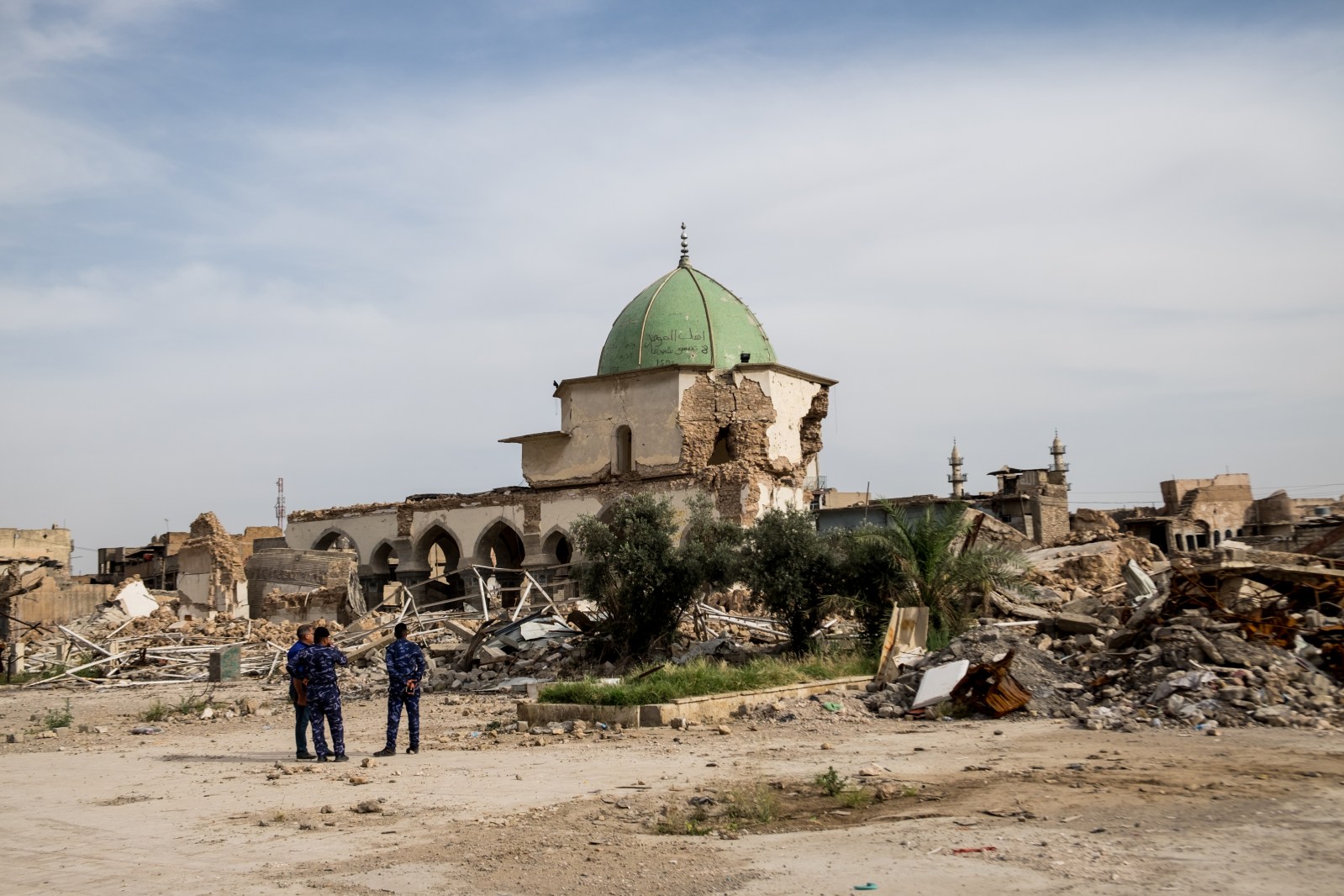
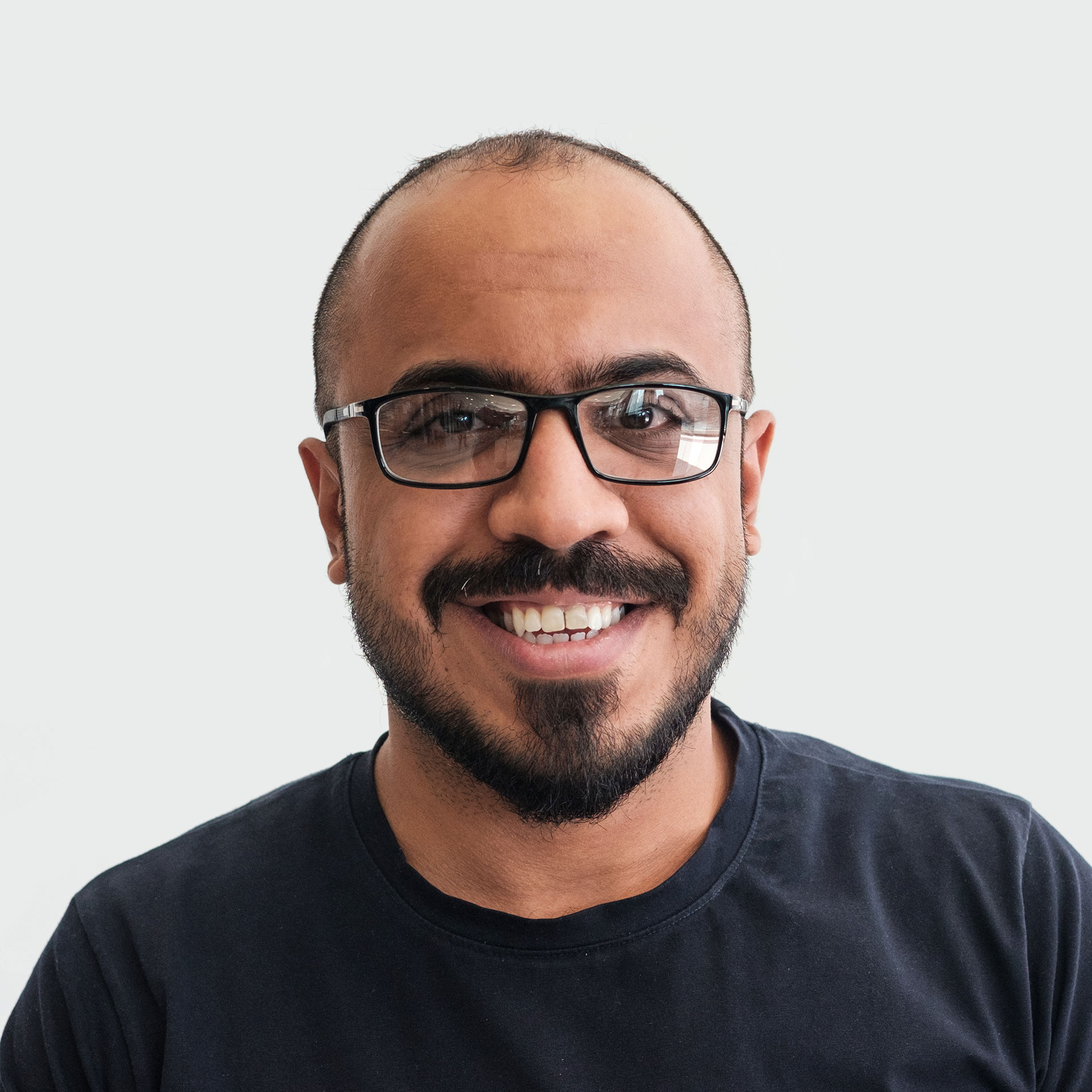 Ihsan Ibraheem, Ben Irwin
Ihsan Ibraheem, Ben Irwin 